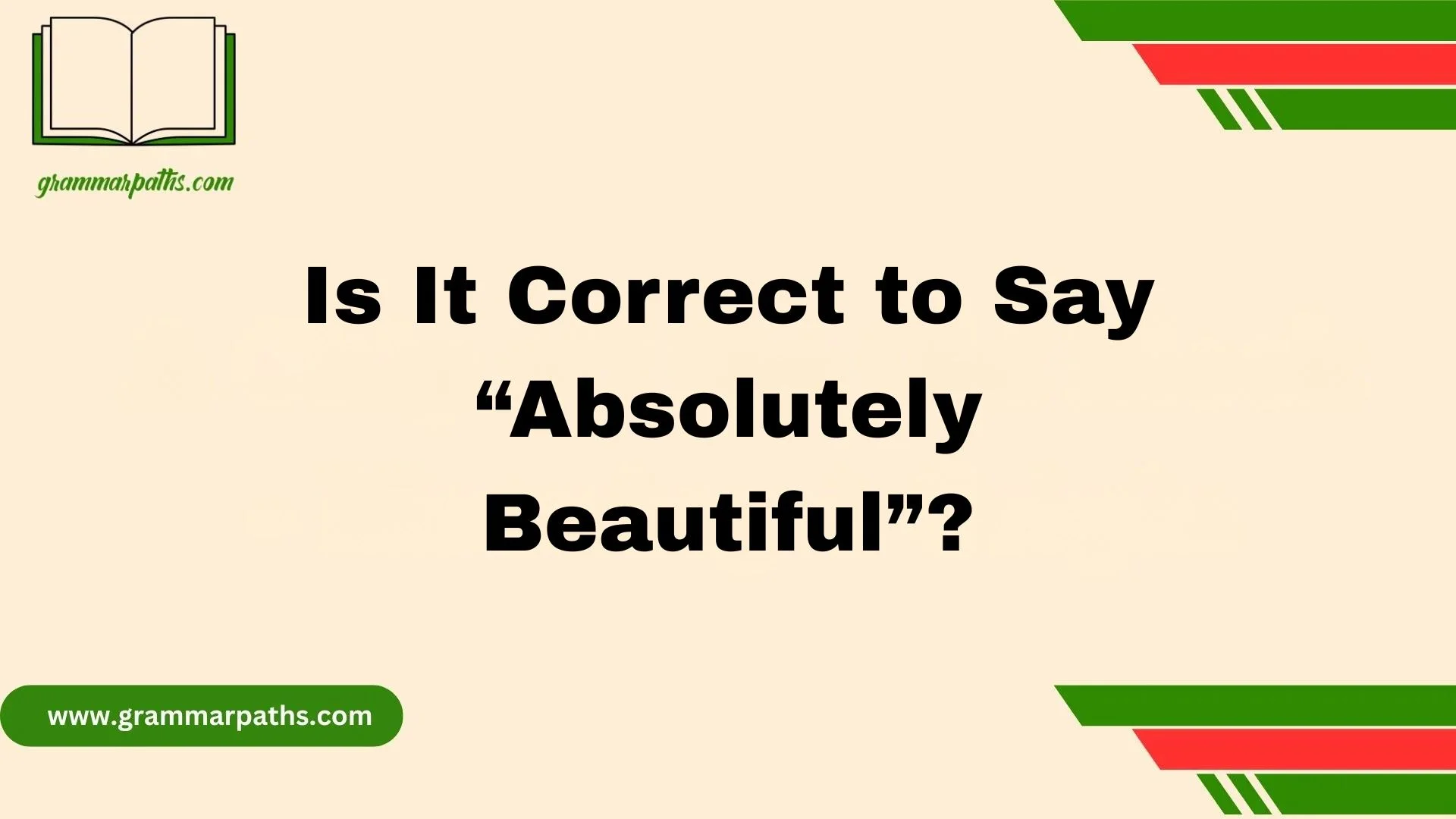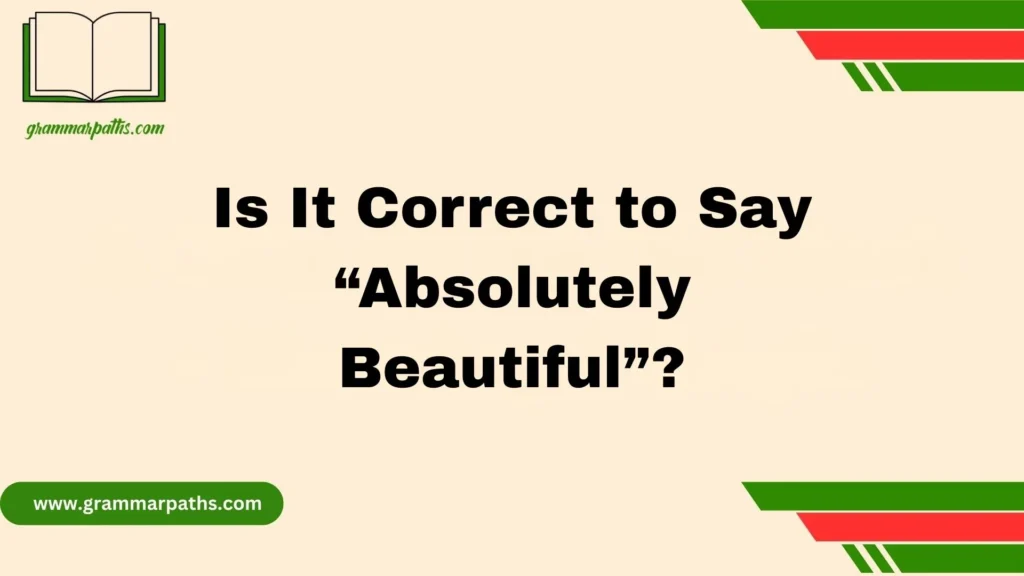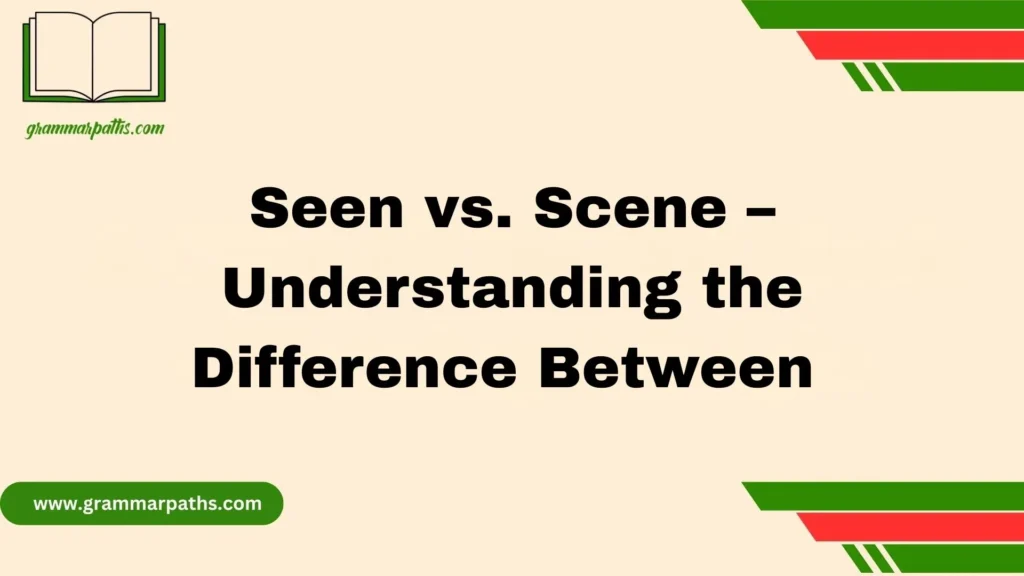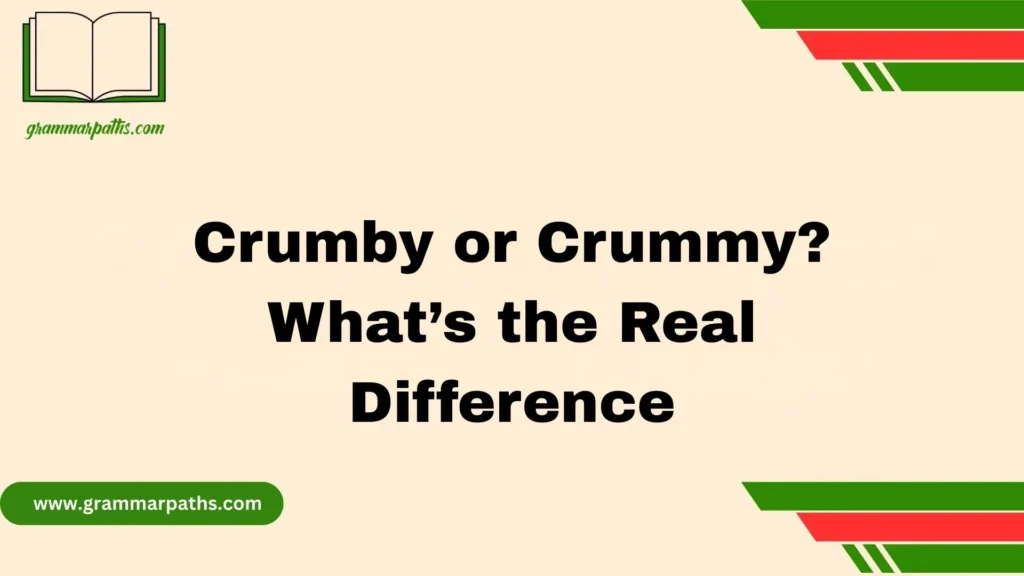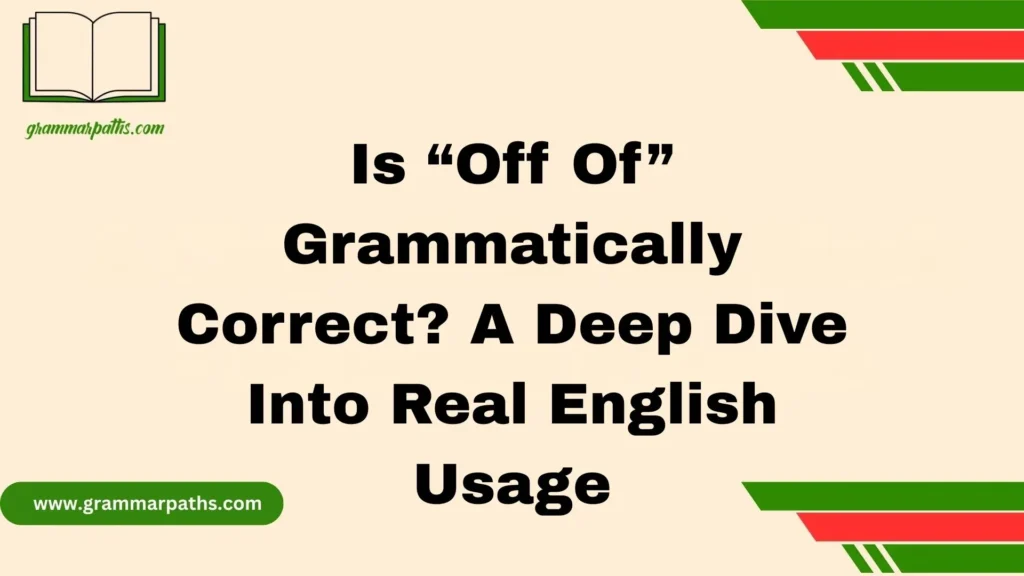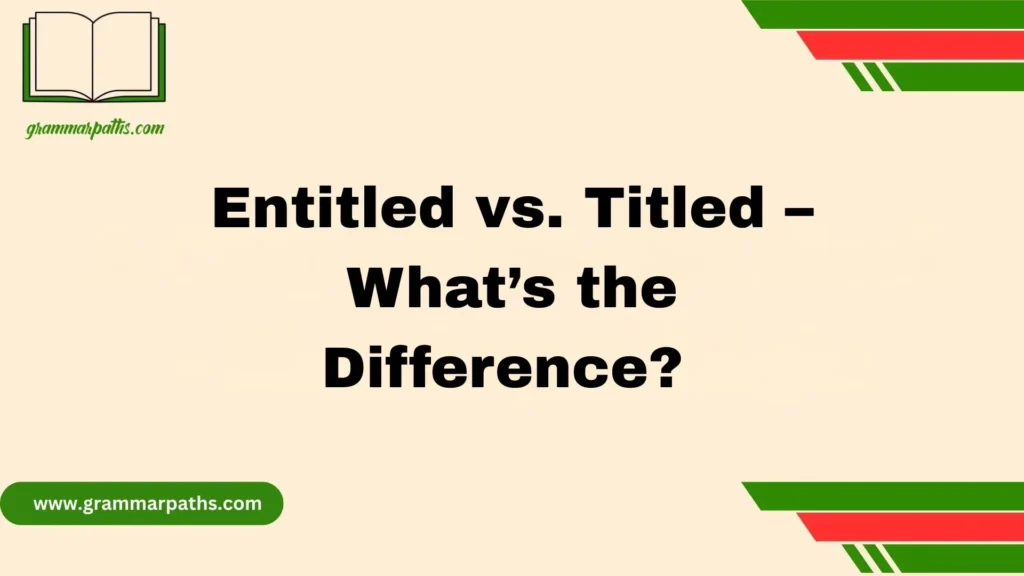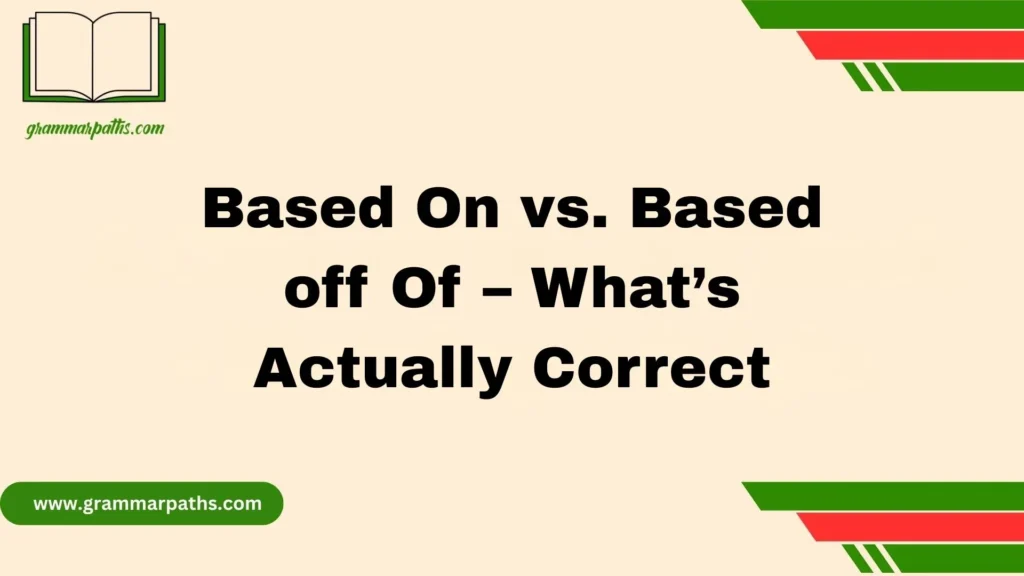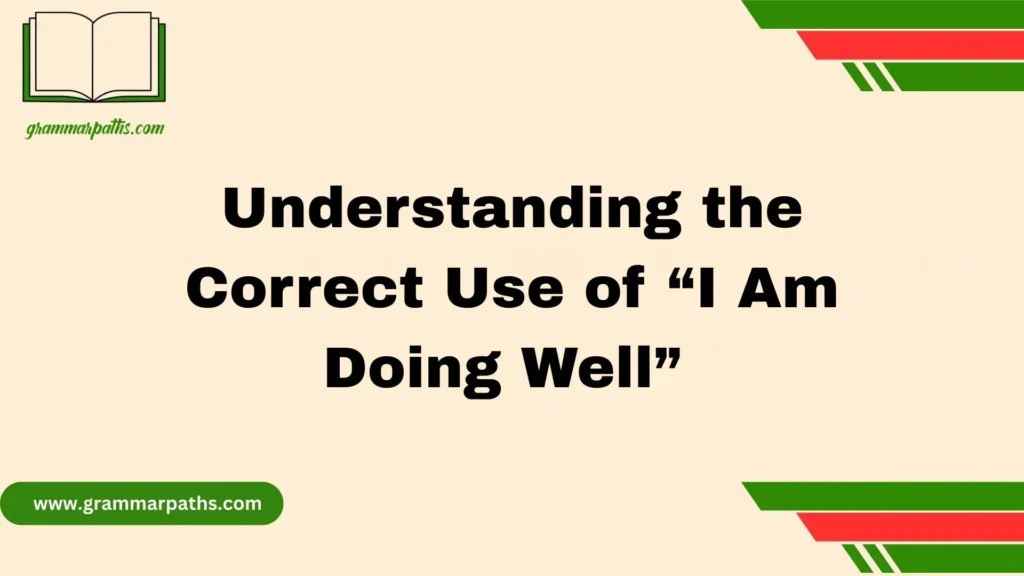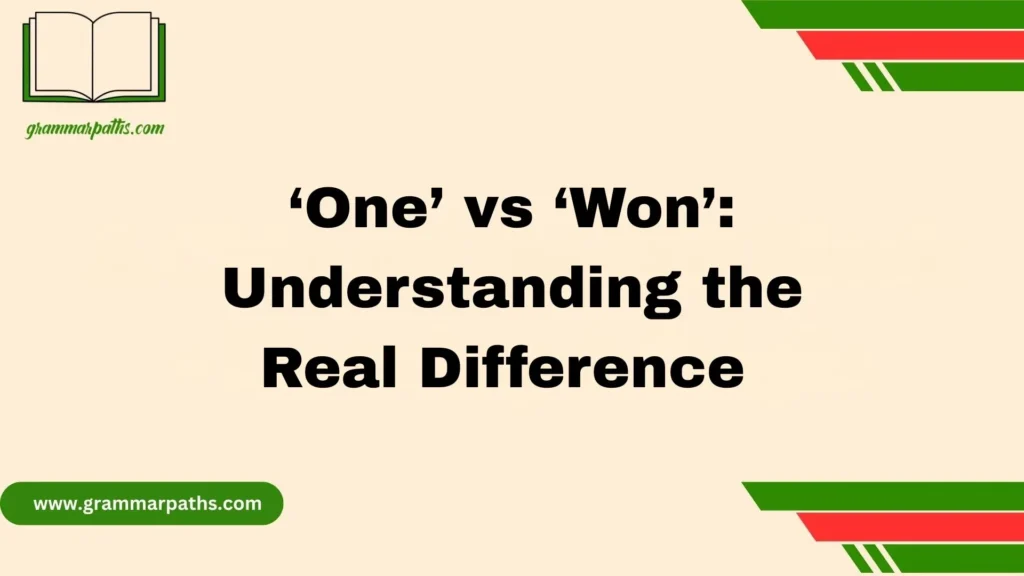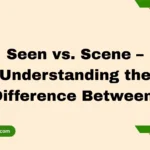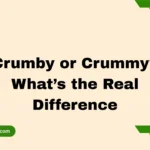The phrase “Absolutely Beautiful” carries an undeniable sense of admiration, awe, and emotional depth. It’s more than just a compliment—it’s an expression that captures the essence of perfection, grace, and breathtaking beauty. Whether used to describe a person, sunset, piece of art, or moment in time, the words “absolutely beautiful” evoke feelings of warmth, wonder, and appreciation. In modern culture, it’s often associated with inner beauty, self-confidence, positivity, and aesthetic appeal, making it a versatile expression that transcends boundaries.
From social media captions to heartfelt conversations, people use this phrase to celebrate life’s most remarkable sights and experiences. Saying something is “absolutely beautiful” reflects not only admiration but also a deep emotional connection—it’s about recognizing true beauty, both seen and felt. The phrase reminds us that beauty isn’t limited to appearances; it can be found in kindness, nature, love, or even simple moments of joy. Ultimately, “Absolutely Beautiful” symbolizes appreciation, gratitude, and emotional resonance, making it one of the most powerful and uplifting expressions in the English language.
The Core Meaning of “Absolutely Beautiful”
At its heart, “absolutely beautiful” is a simple phrase with strong emotional force. It combines an intensifier (absolutely) with an adjective (beautiful). Together, they express a complete and powerful form of admiration.
When you say something is beautiful, you describe it as pleasing to the senses or the heart. When you say it’s absolutely beautiful, you’re not just noticing beauty—you’re emphasizing it completely, leaving no room for doubt.
Examples in Real-Life Conversation
- “The view from this mountain is absolutely beautiful.”
- “She looked absolutely beautiful in her wedding dress.”
- “Your writing is absolutely beautiful—it touched my heart.”
Each example shows how the phrase doesn’t just describe; it amplifies emotion. It signals sincerity and admiration in a way plain “beautiful” can’t quite match.
Understanding the Word “Beautiful” in Modern English
The adjective beautiful comes from the root word beauty, meaning a quality that gives pleasure to the mind or senses. It’s a gradable adjective, which means you can describe degrees of beauty—somewhat beautiful, very beautiful, incredibly beautiful, and so on.
Common Uses of “Beautiful”
| Context | Example | Tone |
| Describing people | “She has a beautiful smile.” | Personal, warm |
| Describing places | “The beach looks beautiful today.” | Relaxed, sensory |
| Describing art or ideas | “That’s a beautiful thought.” | Intellectual, emotional |
| Describing actions | “It was a beautiful gesture.” | Moral, heartfelt |
“Beautiful” can apply to appearance, emotion, or intention. That flexibility is part of why it pairs so naturally with strong intensifiers like absolutely, truly, or incredibly.
The Evolution of “Beautiful”: From Old French to Modern Compliments
The word beautiful traces back to the Old French term bealte or beaute, meaning “fairness or charm.” It entered English around the 14th century, influenced by beau (handsome) and bel (fine or good-looking).
Originally, it referred mostly to physical appearance—landscapes, art, or people—but over time, it grew to express emotional or moral appeal. By the 18th century, writers like Alexander Pope and Jane Austen were using it to describe grace, spirit, and inner qualities as much as outer looks.
“There is nothing more truly artistic than to love people.”
— Vincent Van Gogh
Today, beautiful is among the most universal adjectives in English. It’s simple, emotional, and timeless—which makes it a perfect canvas for intensifiers like absolutely.
The Power of “Absolutely”: What It Really Means
Absolutely is an adverb that acts as an intensifier—a word that strengthens meaning. It comes from the Latin absolutus, meaning “complete” or “unrestricted.”
Traditionally, absolutely modifies non-gradable adjectives—those that describe qualities that can’t vary in degree. For instance, something is either perfect or it’s not; it can’t be “a little perfect.”
Examples of Correct Use with Non-Gradable Adjectives
- “Absolutely perfect.”
- “Absolutely impossible.”
- “Absolutely certain.”
So why do we say absolutely beautiful—when beautiful is gradable? That’s where modern usage blurs the old grammatical lines.
Is “Absolutely Beautiful” Grammatically Correct?
From a traditional grammar perspective, absolutely beautiful might seem incorrect because absolutely was meant for non-gradable adjectives. But English is a living language—it changes with how people use it.
In contemporary English, speakers often use absolutely with gradable adjectives for emotional intensity, not literal precision. It adds warmth, emphasis, and energy to a phrase.
Linguistic Shift: Why It Works
Linguists call this a semantic broadening—when a word’s meaning expands beyond its original limits. In modern speech, absolutely now serves to magnify feelings, not just describe completeness.
So while a strict grammarian might frown, most modern style guides—including Cambridge Dictionary and Oxford Learner’s Dictionary—recognize absolutely beautiful as acceptable and natural.
Grammatical Snapshot
| Word | Type | Rule | Example |
| Absolutely | Adverb (intensifier) | Emphasizes degree or certainty | “Absolutely stunning.” |
| Beautiful | Adjective (gradable) | Describes degree of attractiveness | “Very beautiful day.” |
| Absolutely Beautiful | Phrase | Emotional intensification (informal) | “That view is absolutely beautiful.” |
In short, it’s grammatically acceptable in most spoken and written English, especially when expressing emotion, admiration, or awe.
Cultural and Emotional Weight of Saying “Absolutely Beautiful”
When someone says “absolutely beautiful,” they’re doing more than describing—they’re connecting emotionally. The phrase carries authenticity, admiration, and often love.
In communication, emotional words like absolutely and beautiful trigger empathy and attention. They make compliments sound genuine and heartfelt. That’s why the phrase appears so often in speeches, love letters, and even product reviews.
Examples in Media
- In movies: “You look absolutely beautiful tonight.” (romantic tone)
- In advertisements: “Our handcrafted jewelry—absolutely beautiful in every detail.”
- In literature: “The world was absolutely beautiful after the rain.”
Each example shows how tone and feeling override technical grammar.
Comparing Alternatives: Synonyms and Substitutes
English offers many ways to express beauty and intensity. Choosing the right words depends on tone, setting, and emotional depth.
Synonyms for “Absolutely” and When to Use Them
| Intensifier | Use Case | Example |
| Truly | Formal or sincere | “Truly beautiful artwork.” |
| Incredibly | Informal or emotional | “Incredibly beautiful evening.” |
| Exceptionally | Academic or professional | “Exceptionally beautiful architecture.” |
| Utterly | Dramatic, poetic | “Utterly beautiful silence.” |
| Amazingly | Everyday enthusiasm | “Amazingly beautiful sunset.” |
Synonyms for “Beautiful” and Their Nuances
| Synonym | Meaning | Example |
| Gorgeous | Glamorous, visually stunning | “She looked absolutely gorgeous.” |
| Stunning | Astonishingly attractive | “A stunningly beautiful view.” |
| Lovely | Gentle, warm | “You have a lovely smile.” |
| Elegant | Refined, graceful | “The design is elegant and minimal.” |
| Exquisite | Delicate, artistic | “An exquisite piece of jewelry.” |
Pairing the right intensifier with the right adjective can create powerful imagery and tone.
Choosing the Right Words for the Right Context
Knowing when to use absolutely beautiful versus other combinations depends on formality and intent.
When “Absolutely Beautiful” Works Best
- Romantic compliments
- Emotional storytelling
- Descriptive writing (poetry, art reviews, travel blogs)
Example:
“The city lights reflecting on the river were absolutely beautiful.”
When to Use Softer or Formal Alternatives
- Business writing
- Academic contexts
- Minimalist or factual descriptions
Example:
“The building’s design is exceptionally elegant.”
Quick Test: The “Would You Say It Out Loud?” Rule
If it feels natural in speech, it’s usually fine in writing. That’s why absolutely beautiful sounds genuine—it mirrors how people really talk.
Beauty Across Cultures: How Language Reflects Perception
Beauty isn’t just visual—it’s cultural. Different societies express beauty through unique metaphors, adjectives, and tones.
- In Japanese, the word utsukushii expresses elegance and purity.
- In French, magnifique carries emotional grandeur.
- In Arabic, jameel blends beauty with grace and virtue.
English speakers, influenced by many cultures, use phrases like absolutely beautiful to convey deep admiration that transcends mere appearance.
“Beauty is in the eye of the beholder” — but the words we use to express it tell us about our values.
Common Mistakes and Misuses
While absolutely beautiful is widely accepted, overusing intensifiers can weaken impact. Too many strong words in one sentence can sound exaggerated or insincere.
Common Errors
- “Absolutely very beautiful” — redundant
- “Totally absolutely beautiful” — double intensifiers clash
- “Absolutely nicer” — incorrect adjective form
Tips for Natural Expression
- Use one intensifier at a time.
- Save strong phrases for genuine moments.
- Read your sentence aloud to check tone.
Balanced writing feels authentic and emotionally real.
Grammar Recap: Quick Reference Table
| Element | Type | Rule | Correct Example | Incorrect Example |
| Absolutely | Adverb | Modifies adjectives/adverbs | “Absolutely stunning.” | “Absolutely very.” |
| Beautiful | Gradable adjective | Describes degree of beauty | “Very beautiful day.” | “Absolutely nicer.” |
| Absolutely Beautiful | Phrase | Informal intensification | “She’s absolutely beautiful.” | “She’s absolutely very beautiful.” |
Real-Life Examples and Case Studies
Case Study 1: Advertising Language
Luxury brands often use emotional intensifiers to connect with customers. For instance:
“Our handcrafted collection is absolutely beautiful, made to capture timeless elegance.”
The use of absolutely beautiful conveys emotional depth, appealing to both aesthetics and feelings.
Case Study 2: Everyday Speech
In casual compliments, people prefer emotional connection over technical accuracy.
“You look absolutely beautiful today.”
This phrase builds rapport, showing genuine appreciation without sounding rehearsed.
Case Study 3: Literature and Film
Writers and directors use similar expressions to heighten emotional impact:
“The world was absolutely beautiful that morning, washed clean by the rain.”
Here, absolutely emphasizes awe, not grammar.
Expert Insights: What Linguists and Stylists Say
Modern linguists agree that language evolves through use, not just through rules.
According to the Cambridge Dictionary of English Grammar, adverbs like absolutely have extended their function “to emphasize gradable adjectives in informal speech.”
Language stylist John Humphrys writes that emotional intensifiers “add color and humanity to language when used sparingly.”
So while “absolutely beautiful” breaks old grammar boundaries, it fits perfectly within modern expressive English.
Practical Writing and Speaking Tips
Want to sound natural and sincere when using “absolutely beautiful”? Follow these quick guidelines:
Do’s
- Use it when expressing genuine admiration.
- Keep it to one strong intensifier per sentence.
- Pair it with vivid imagery: “The sunset was absolutely beautiful, painting the sky in gold.”
Don’ts
- Don’t use it mechanically or too often.
- Don’t stack intensifiers (e.g., absolutely incredibly beautiful).
- Don’t force it in formal or factual writing.
Alternatives for Different Tones
| Tone | Alternative Phrase |
| Romantic | “Utterly beautiful,” “Truly breathtaking” |
| Professional | “Exceptionally well-crafted,” “Impressively designed” |
| Creative | “Visually stunning,” “Emotionally moving” |
Conclusion
In essence, the phrase “Absolutely Beautiful” goes far beyond aesthetics—it’s an acknowledgment of both inner and outer beauty. Whether describing a person, a place, or an emotion, these two words hold the power to uplift spirits and inspire admiration. It’s a phrase that celebrates authenticity, kindness, and emotional connection, reminding us to see beauty in the world around us. By embracing this expression, we cultivate a mindset of gratitude and appreciation for life’s most meaningful moments. Every time we say “absolutely beautiful,” we’re not just describing something—we’re celebrating it.
FAQs
1. What does “Absolutely Beautiful” mean?
It means something or someone is stunning, perfect, or breathtaking in appearance or character. It conveys complete admiration or appreciation.
2. Can “Absolutely Beautiful” describe inner beauty?
Yes, it can describe inner qualities like kindness, compassion, confidence, or intelligence, not just physical appearance.
3. When should I use “Absolutely Beautiful”?
You can use it to compliment a person, a scene, an artwork, a memory, or anything that evokes deep admiration or joy.
4. Is “Absolutely Beautiful” formal or casual?
It’s versatile—it can be used in both casual and emotional contexts, depending on tone and setting.
5. Are there synonyms for “Absolutely Beautiful”?
Yes—breathtaking, stunning, exquisite, radiant, gorgeous, and mesmerizing are close alternatives.

Emma Brooke is a passionate language expert and contributor at GrammarPaths.com, where she helps learners navigate the complexities of English grammar, idioms, and effective writing. With a strong academic background and years of teaching experience, Emma excels at turning tricky grammar rules into simple, practical lessons that readers can easily grasp.
